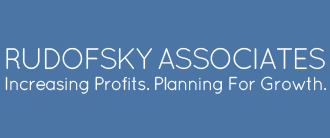How Long a Recession?
Thanks to economist John Dunham of John Dunham & Associates for putting the current U.S. economic situation in a historical context:
The last time the country experienced a serious recession was in 1980-81 when the economy contracted by 1.5 percent. This compares to our projection of a 1.2 percent decline for the current recession. This extended period of strong economic growth and very shallow and short recessions, has created an environment where many of those working in finance, the government and the media expect the same thing to continue indefinitely. During times like this it is good to remember what the pundits were saying in 1982, the last time the US experienced a true recession. Commentators during that period screamed that the US was entering an “economic Dunkirk,” and that we would be fighting economic stagnation for the next decade. The Dow Jones Industrial Average fell by 24% (to a low of 777), unemployment rose to a high of 10.8 percent, and states throughout the country experienced large deficits. Companies that were too big to fail like Bethlehem Steel shuttered plants throughout the country and there were more bank failures than any time since the great depression. In addition, the country was in the throes of the Savings & Loan Crisis which was also brought on by a fall in home prices. While Carl Sagan’s “Cosmos” topped the New York Times’ Bestseller List in 1981, other titles like “The Coming Currency Collapse” (Jerome F. Smith) and “Crisis Investing: Opportunities for investing in the coming Great Depression” (Douglas R. Casey) echoed the concern surrounding an economy in recession. As pundits and politicians decry the end of capitalism and suggest that today’s situation is some unique event unseen since the early 1930’s (when by the way, the economy shrank by 45 percent and unemployment approached 25 percent of the workforce) it is important to keep everything in context. Capitalism is not dead, markets continue to function, and new firms, and new industries will emerge from the creative destruction brought about by the recession of 2008.


